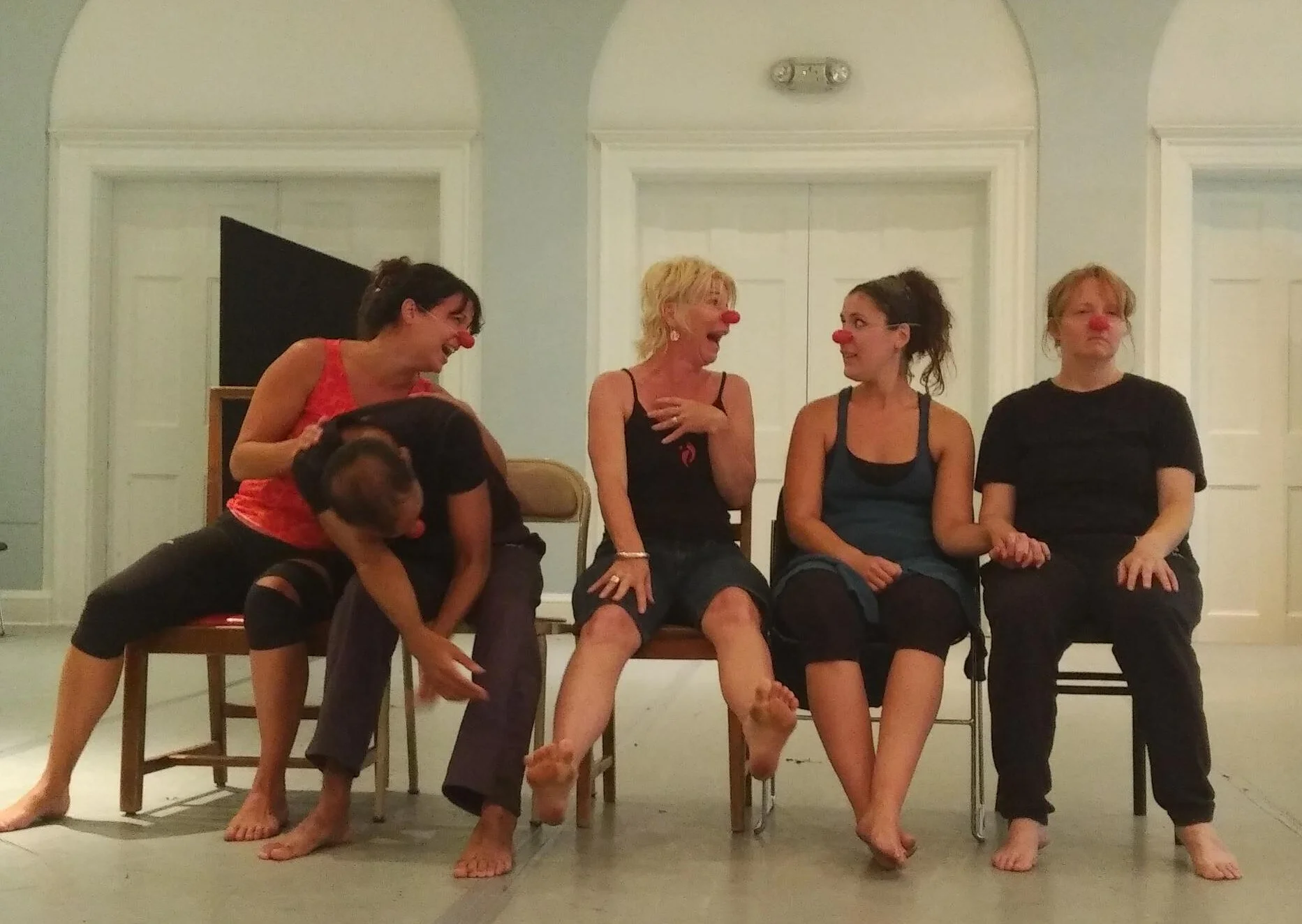Michael Chekhov Technique
“Deep within ourselves are buried tremendous creative powers and abilities. But they remain unused so long as we do not know about them, so long as we deny them.”
— Michael Chekhov
All true artists, bear within themselves a deeply rooted and often unconscious desire for transformation.” — Michael Chekhov
Chekhov developed his acting technique from his early years with Stanislavsky and his tireless search for an alternative to the over analytical approach to acting. Chekhov wanted to access the unconscious creative self through indirect non-analytical means - another words to free the creative process from the critical mind. His refusal to exploit the actor’s personal feelings in his art ultimately separated him from Stanislavsky’s teachings. He believed there should be a clear differentiation between the actor as a person and the actor as an artist. Chekhov focused his technique on the development of the imagination, individual creativity and the inner/outer (psycho-physical) connections of the actor.
“The base of any true art is our ability to live consciously or unconsciously in the world of imaginations.” — Michael Chekhov, To The Actor
Chekhov noticed actors were losing their most valuable tool - the ability to transform themselves through their imagination. He developed a series of simple and accessible exercises allowing the actor to begin this transformation. Some of the tools he embodied were; archetypes, imaginary body, centers, psychological gesture, qualities of movement, personal and general atmospheres, radiation, a feeling of ease, beauty, form and a feel of the whole.
“The beauty of his approach is that he offers a direct route to the actor’s creativity by the simplest means.” — Simon Callow in his forward to Chekhov’s book, To The Actor.
Chekhov believed that every physical action has the ability to awaken within the actor creative feelings and sensations. These then become creative tools where the actor can explore and develop a rich inner life for the character. Actors contain within themselves infinite possibilities and Chekhov’s technique encourages the actor to listen and act upon his/her own creative individuality.
Michael Chekhov Biography
“In our technique there are no purely physical exercises, all exercises are psycho-physical. The outer physical action awakens an inner psychological response.”
— Michael Chekhov
Born in 1891 in Russia, Michael Chekhov was the nephew of celebrated author Anton Chekhov and one of Russia’s most honoured actors. He started his career as a star pupil of Constantin Stanislavksy and became part of the twentieth century revolution in acting.
After heading the second Moscow Art Theater Studio, he was forced into exile leaving Soviet Russia in 1928 due to political pressure. Over the next ten years he worked in Europe as an actor, producer, director and teacher before settling in England in 1936. He was invited by Beatrice Straight to establish the Chekhov Theatre Studio at Dartington Hall. It was here, with a group of actors, that he developed the foundation for his method.
In 1938, with the onset of war, Chekhov relocated the Chekhov Theatre Studio to Ridgefield, Connecticut. He formed the Chekhov Theatre Players, a professional theater company and toured their productions around the United States. The company disbanded after they lost their male actors to the war and Chekhov moved to Los Angeles. Chekhov received an Oscar nomination for Hitchcock’s Spellbound and spent his last 13 years teaching and coaching actors such as Gary Cooper, Gregory Peck, Marilyn Monroe, Anthony Quinn, Clint Eastwood, Yul Brynner, Lloyd Bridges, Jack Palance, Mala Powers, Beatrice Straight and Joanna Merlin. Chekhov died in 1955 before his work became widely known.
Chekhov dedicated his life to exploring and searching new ways to free the body, voice and imagination and to enter and live in the world of the creative imagination. Today his method is being rediscovered and a new generation of teachers and actors are spreading the work of Michael Chekhov around the world.


